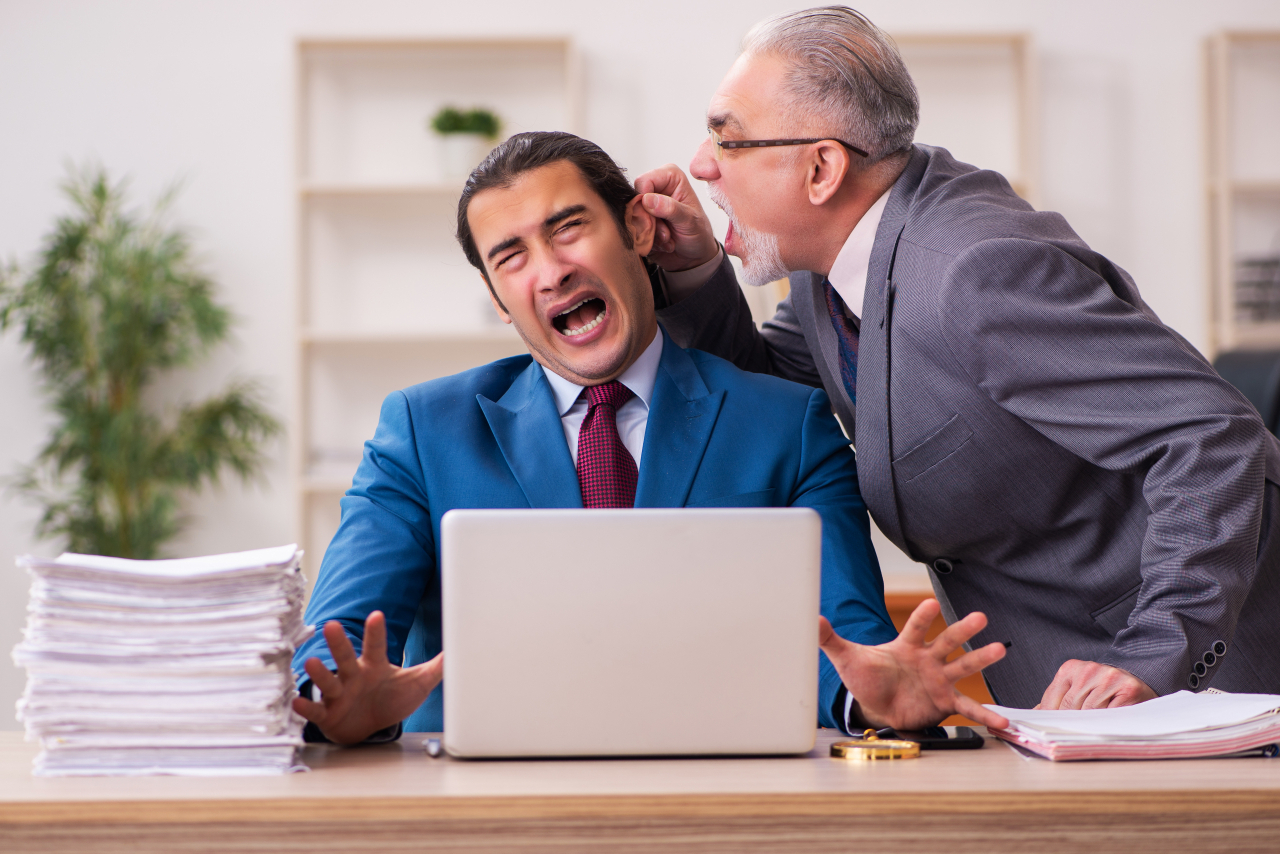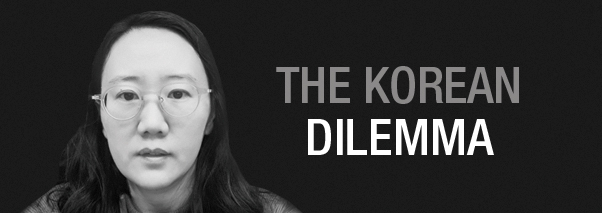 |
(123rf) |
Last week, a home shopping channel host blurted out an expletive on air. Upon mounting complaints from viewers, the nation’s broadcast media watchdog demanded an explanation from the channel before it decides on disciplinary action.
The wealthy villains of the Korean revenge drama “The Glory,” which became one of Netflix’s most-viewed shows of all time less than a week after its season 2 release, hurl the most offensive swearwords almost every time they speak.
Upon hearing the drama’s savage characters curse so horrendously, I started to wonder whether people in real life -- those who are not outright gangsters -- swear so spitefully.
Teenagers swear for various reasons -- eighth graders are jokingly known as South Korea’s scariest demographic -- but will they continue to talk like that even after they grow up?
I asked around, and most people said they know adults who do.

Indeed, we all swear. Studies show that even kids learn to swear from the age of 2. It’s just that most of us curse more mildly, often quietly or infrequently, usually at unfortunate situations, rather than directing our expletives toward another person.
According to an article titled “The Science of Swearing” by psychologists Timothy Jay and Kristin Janschewitz, swearing can be employed to achieve a number of communication goals, such as for joking or storytelling, stress management, fitting in with the crowd or as a substitute for physical aggression. According to a research team led by psychologist Richard Stevens, swearing enhances pain tolerance, helps us cope and even makes us feel stronger. Another study suggested that people who curse a lot are more honest, or may use fewer social filters.
While many of us may deploy social filters and swear softly to avoid unnecessary conflicts or disadvantages, the tormentors of the protagonist in “The Glory" believe no one can penalize them for their behavior.
Inspired by multiple horrific cases of school violence and other crimes that actually happened in Korea, these characters seem to embody every kind of evil that exists, which makes them improbably extreme and provocative to begin with. The profanities they employ in their speech further highlight their malice.
As for the flamboyant home shopping host Jung Yoon-jung, this wasn’t the first time she has cussed on the air.
In her response to the public outcry, she initially dismissed the complaints, perhaps thinking the controversy would blow over in a few days, asking viewers to “please see home shopping as (TV variety) entertainment.”
In an exchange with critics on Instagram, she implored people not to look at her social media if they "don't like" what they see.
This is what people often say when defending their use of social media, which is even more widely consumed than TV and film, especially by women under the age of 50. Of course, everyone’s freedom of expression should be respected, and social media platforms are useful in many ways.
But it’s also true that due to social media algorithms, it’s not entirely our choice that so much unwanted, and often crude, content is thrust upon us on a daily basis.
The same applies to TV dramas and films. We can obviously choose not to watch certain content, but what if some creators’ self-serving -- if not lazy -- tendency to rely on verbal and graphic violence for immediate audience gratification has led to a proliferation of expletives and knife-wielding bloodshed across visual media?
I have written before that greater competition with foreign shows thanks to the internet and new media platforms, such as online streaming, has raised viewers’ tolerance for graphic content, or desensitized them, resulting in lax ratings and greater exposure of children to inappropriate content.
Expletives and violence have been a part of the history of mankind, so most people, including myself, don’t mind hearing or seeing them in fiction when necessary or in relatable situations.
But anything can become a vice if it’s too much.
The vast majority of Koreans are polite people who are unable to even address each other without the correct honorifics or titles in order to not offend anyone. The Chinese once referred to Korea as "the country of courteous people in the east."
We may no longer deserve that title, but I can only hope that creators and viewers might be a little more mindful of the effects of profuse, unwarranted verbal violence in this republic of drama lovers.







